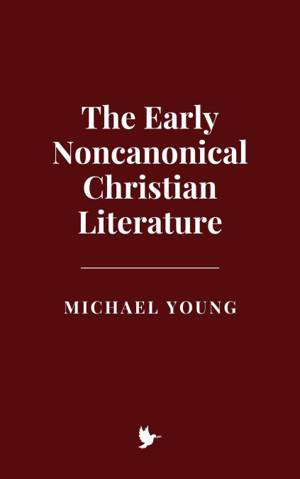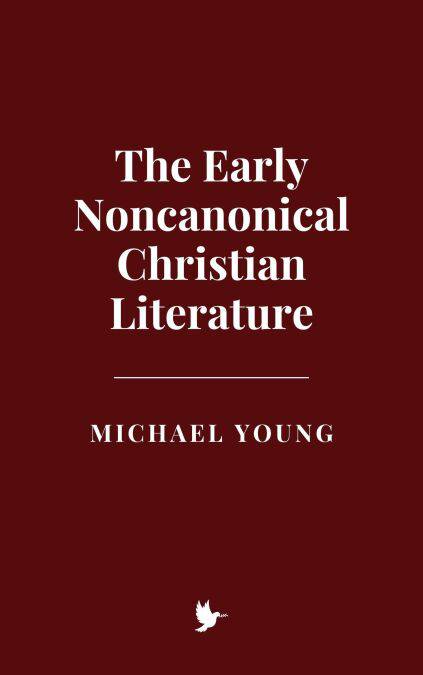
- Afhalen na 1 uur in een winkel met voorraad
- Gratis thuislevering in België vanaf € 30
- Ruim aanbod met 7 miljoen producten
- Afhalen na 1 uur in een winkel met voorraad
- Gratis thuislevering in België vanaf € 30
- Ruim aanbod met 7 miljoen producten
Omschrijving
The study of early Christian literature, particularly noncanonical texts, unveils a rich and complex history of theological diversity, doctrinal disputes, and textual transmission that shaped the foundations of Christianity. These writings, composed between the first and fourth centuries CE, reflect the theological, cultural, and social contexts in which early Christians operated. They offer a glimpse into the plurality of Christian thought before the consolidation of orthodoxy and the formation of the New Testament canon. The texts categorized as noncanonical include gospels, acts, epistles, apocalypses, and other theological treatises, many of which claim apostolic authorship but were excluded from the emerging scriptural corpus due to doctrinal or political considerations. Understanding these works requires engaging with their historical contexts, linguistic features, theological motifs, and the controversies surrounding their acceptance or rejection.
Specificaties
Betrokkenen
- Auteur(s):
- Uitgeverij:
Inhoud
- Taal:
- Engels
Eigenschappen
- Productcode (EAN):
- 9798230713661
- Verschijningsdatum:
- 16/02/2025
- Uitvoering:
- E-book
- Formaat:
- ePub

Alleen bij Standaard Boekhandel
Beoordelingen
We publiceren alleen reviews die voldoen aan de voorwaarden voor reviews. Bekijk onze voorwaarden voor reviews.











